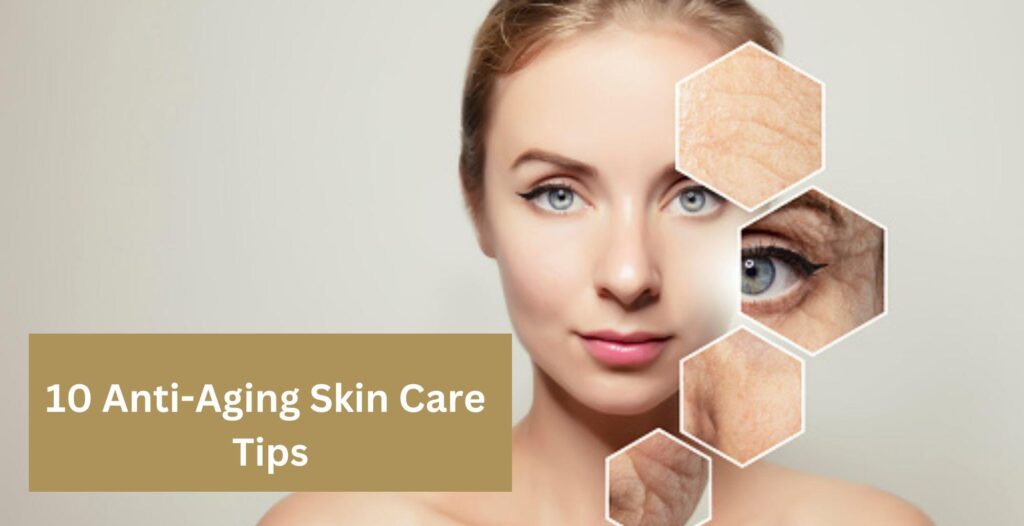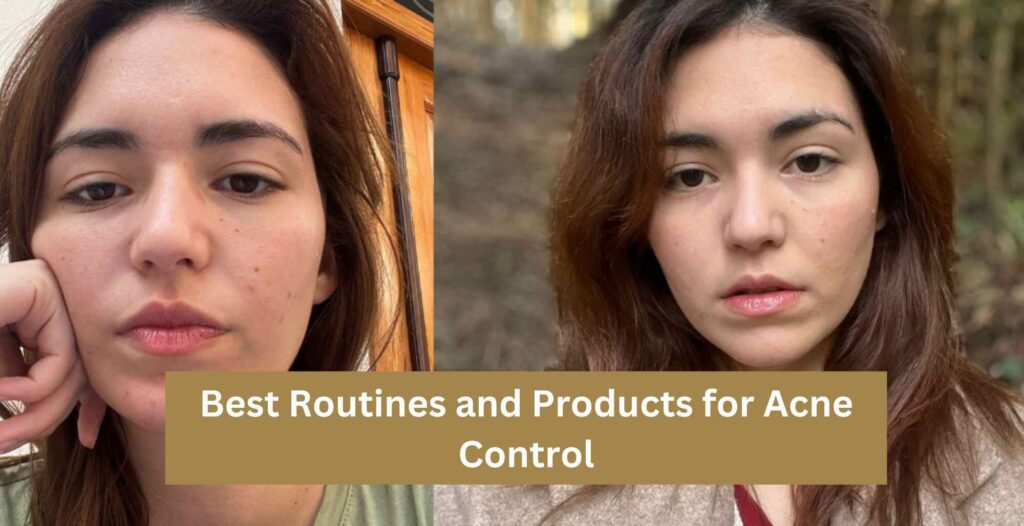The choice between physical and chemical exfoliation for acne-prone skin depends on several factors, including skin type, severity of acne, and personal preferences.
For acne-prone skin, chemical exfoliation is generally the better choice. Chemical exfoliants like salicylic acid, glycolic acid, and lactic acid are gentler and more effective at unclogging pores and reducing inflammation. Unlike physical exfoliants, which can irritate and spread bacteria, chemical exfoliants provide a deeper and more targeted approach to treating acne-prone skin.
Understanding the difference between these two exfoliation techniques will help you make an informed choice that aligns with your skin’s needs.
Table of Contents:
What is Exfoliation?
Exfoliation is the process of removing dead skin cells to improve skin texture, tone, and glow. It helps to unclog pores, reduce acne, and prevent future breakouts. Exfoliation can be done physically or chemically.
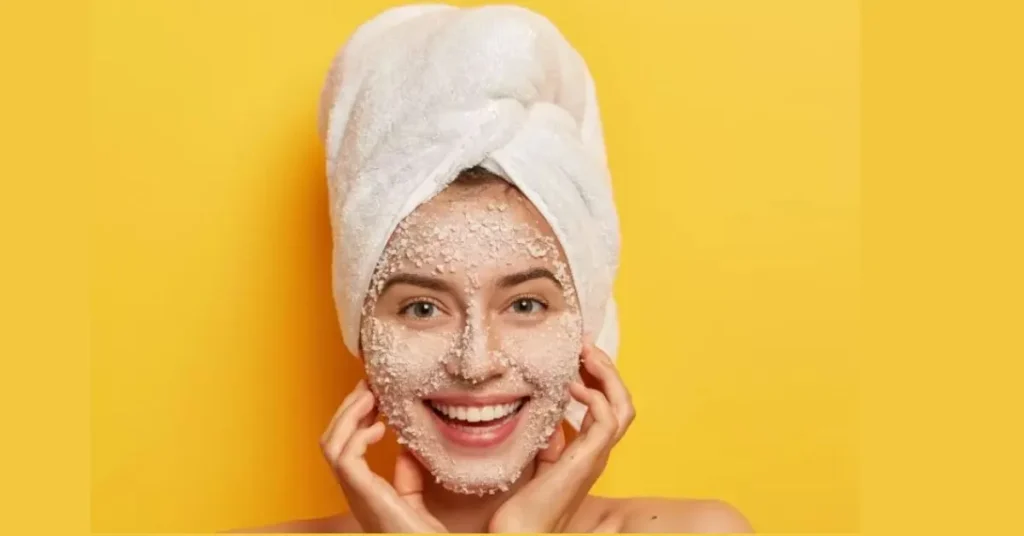
Importance of Exfoliation for Acne-Prone Skin
- Exfoliation is crucial for acne-prone skin as it helps to remove dead skin cells and unclog pores.
- It reduces the appearance of acne scars and hyperpigmentation.
- Exfoliation also helps to prevent future breakouts by removing bacteria and other debris that can clog pores.
Types of Exfoliation – TOP 2
Chemical Exfoliation – Guide For You!
Alpha Hydroxy Acids (AHAs)
- AHAs are derived from natural sources such as fruits and milk.
- They help to break down dead skin cells and promote cell turnover.
- AHAs are suitable for dry, sensitive, or combination skin.
Beta Hydroxy Acids (BHAs)
- BHAs are oil-soluble and can penetrate deeper into the pores.
- They help to unclog pores and reduce acne.
- BHAs are suitable for oily skin or those who prefer a manual method.
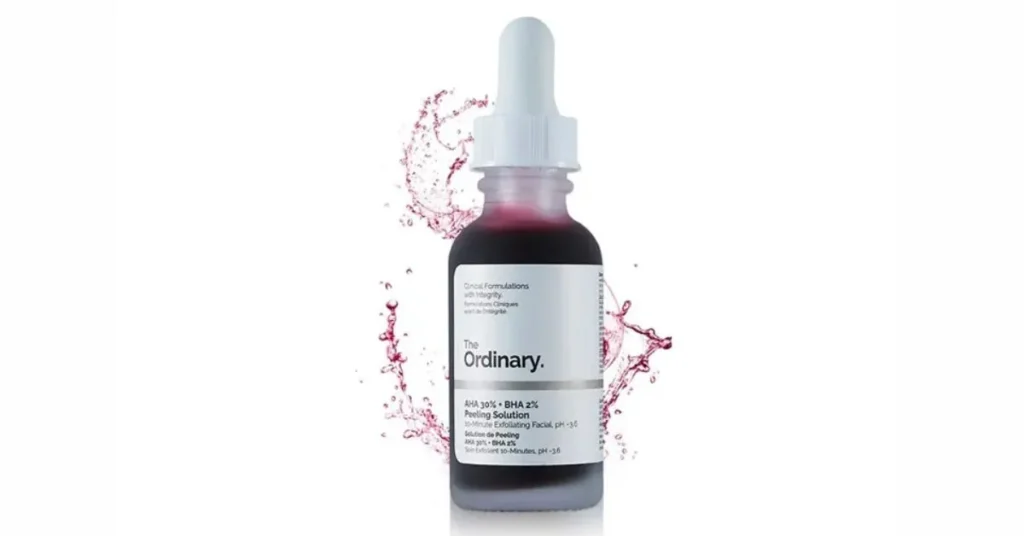
Polyhydroxy Acids (PHAs)
- PHAs are a type of AHA that is gentler and more hydrating.
- They help to break down dead skin cells and promote cell turnover.
- PHAs are suitable for sensitive skin.
Physical Exfoliation – Let’s See!
Granular Scrubs:
- Granular scrubs use physical agents such as sugar or salt to remove dead skin cells.
- They can be harsh on sensitive skin and may cause micro-tears.
- Granular scrubs are suitable for oily skin or those who prefer a manual method.
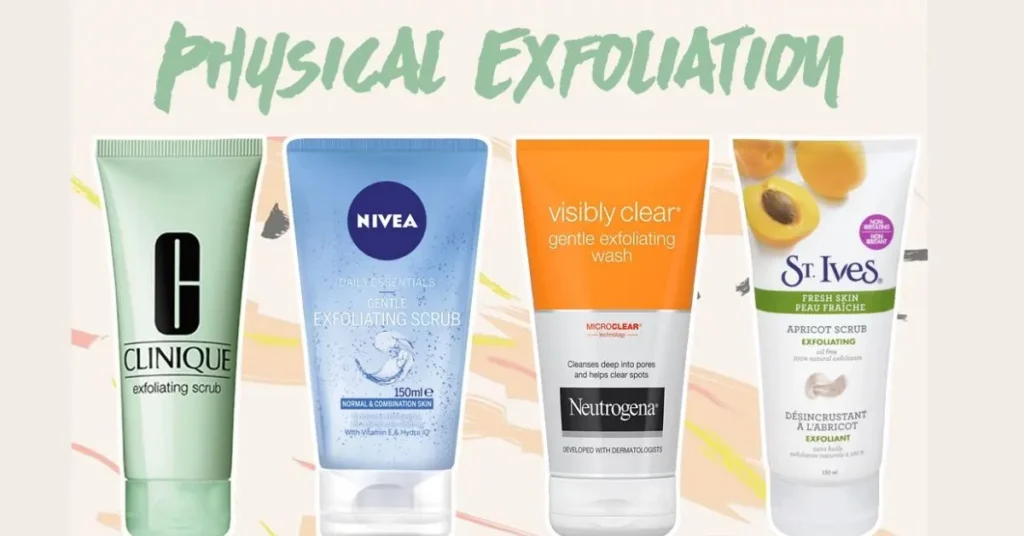
Cleansing Brushes and Devices:
- Cleansing brushes and devices use physical agents such as bristles or sonic vibrations to remove dead skin cells.
- They can be gentle on sensitive skin and help to improve skin texture.
- Cleansing brushes and devices are suitable for all skin types.
Comparison: Physical vs. Chemical Exfoliation
| Feature | Physical Exfoliation | Chemical Exfoliation |
| Mechanism | Manually scrubs away dead skin | Dissolves bonds between dead cells |
| Best For | Normal to oily skin types | Sensitive, acne-prone, and dry skin types |
| Effect on Acne | Can be abrasive, potentially worsening acne | Gentle and effective for acne treatment |
| Frequency | 1–2 times per week | 2–3 times per week, depending on skin type |
| Risk of Irritation | High if overused | Lower if used correctly |
Which is Better for Acne-Prone Skin?
Physical Exfoliation:
Pros:
- Physical exfoliation provides immediate results, leaving the skin feeling smooth and looking brighter.
- Physical exfoliants are simple to use and easy to include in a skincare routine.
Cons:
- Physical exfoliants can be harsh, potentially causing irritation, redness, or micro-tearing, especially for sensitive skin.
- Improper use of physical exfoliants may spread bacteria and debris, which can worsen acne.
Chemical Exfoliation:
Pros:
- Chemical exfoliants are gentle and effective, making them suitable even for sensitive skin.
- They can be formulated to address specific skin concerns, such as acne, hyperpigmentation, or fine lines.
- They are generally less likely to cause irritation compared to physical exfoliants.
Cons:
- Chemical exfoliants may take time to show results, as they work gradually to exfoliate the skin.
- Some chemical exfoliants, particularly those with high concentrations of active ingredients, can be more expensive.
For acne-prone skin, chemical exfoliation is typically the better choice, particularly with BHAs like salicylic acid that target acne directly. These exfoliants are generally gentler and more effective at treating acne without causing irritation.
Choosing the Right Exfoliation Method
Factors to Consider:
- Skin type and concerns
- Product selection
- Frequency and timing of exfoliation
Skin Type and Concerns:
- Dry, sensitive, or combination skin: chemical exfoliation with AHAs or PHAs
- Oily skin: physical exfoliation with granular scrubs or cleansing brushes and devices
- Acne-prone skin: chemical exfoliation with BHAs or physical exfoliation with granular scrubs
Can I Use Physical Exfoliation on Active Acne or Inflamed Skin?
For active acne or inflamed skin, physical exfoliation may cause more harm than good. Scrubbing can lead to:
- Increased Irritation: Abrasive scrubbing can aggravate inflamed skin, making acne worse.
- Microtears in Skin: The physical action can create tiny tears, spreading bacteria and worsening breakouts.
- Spread of Bacteria: Scrubbing can move bacteria around the face, which may exacerbate acne.
For these reasons, chemical exfoliation (such as using BHAs like salicylic acid) is often recommended as a safer option.
What should I do if exfoliating causes dryness or irritation?
Here are detailed steps you can follow if you experience these issues.
- Stop Using Exfoliants Temporarily
- Hydrate Your Skin
- Use a Soothing Serum or Treatment
- Avoid Harsh Products
- Reevaluate Your Exfoliation Frequency
- Switch to Gentler Exfoliants
- Apply Sunscreen Daily
- Give Your Skin Time to Recover
- When to Seek Professional Advice
FAQs:
1. Can I combine physical exfoliation with chemical exfoliation for acne?
Combining physical and chemical exfoliation for acne is generally not recommended, as it can be too harsh on sensitive or inflamed skin. Over-exfoliating in this way may worsen acne, causing irritation, dryness, and increased breakouts.
2. Can chemical exfoliants cause more breakouts initially?
Yes, chemical exfoliants can cause initial breakouts as they work to clear clogged pores and bring impurities to the surface. This purging phase is temporary and usually resolves as your skin adjusts to the exfoliant.
3. Is it possible to exfoliate too much when dealing with acne?
Yes, over-exfoliating can damage the skin’s barrier, leading to dryness, irritation, and more breakouts. It is important to exfoliate gently and only as often as necessary to avoid compromising the skin’s natural defence system.
Final Thoughts:
For acne-prone skin, chemical exfoliation is typically the better choice, particularly with BHAs like salicylic acid that target acne directly. These exfoliants are generally gentler and more effective at treating acne without causing irritation. Physical exfoliation can be effective, but it should be used with caution to avoid damaging the skin or worsening breakouts. Always listen to your skin and adjust your routine accordingly for the best results.

